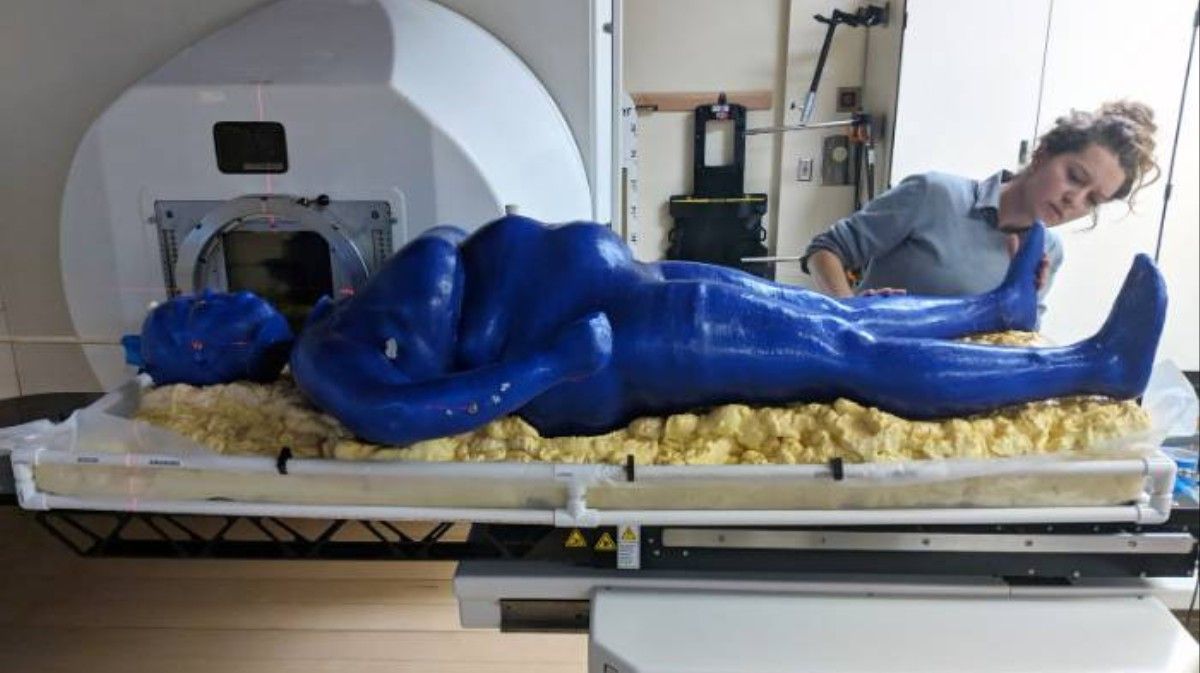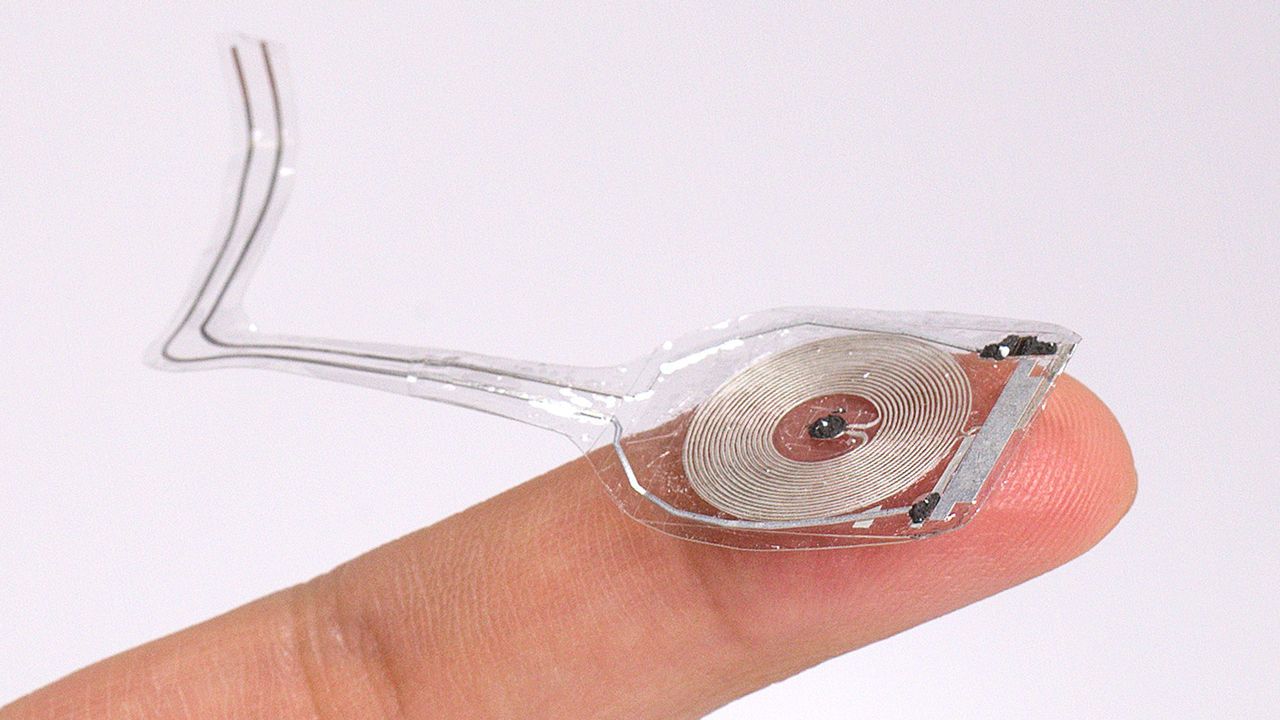A startup based in Maryland has released and tested an impressive new quantum computer that demonstrates the power of an occasionally overlooked quantum computing architecture.
Companies like IBM, Google, and Rigetti are developing new kinds of computer processors that rely on the mathematics of subatomic particles to potentially perform calculations difficult for classical computers to do. These devices use superconductors as the basis for their qubits. A company called IonQ, however, has now announced a state-of-the-art system that relies on the quantum nature of atoms themselves, and it’s one of the best-performing quantum computers yet.








